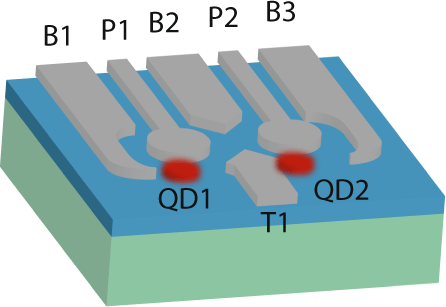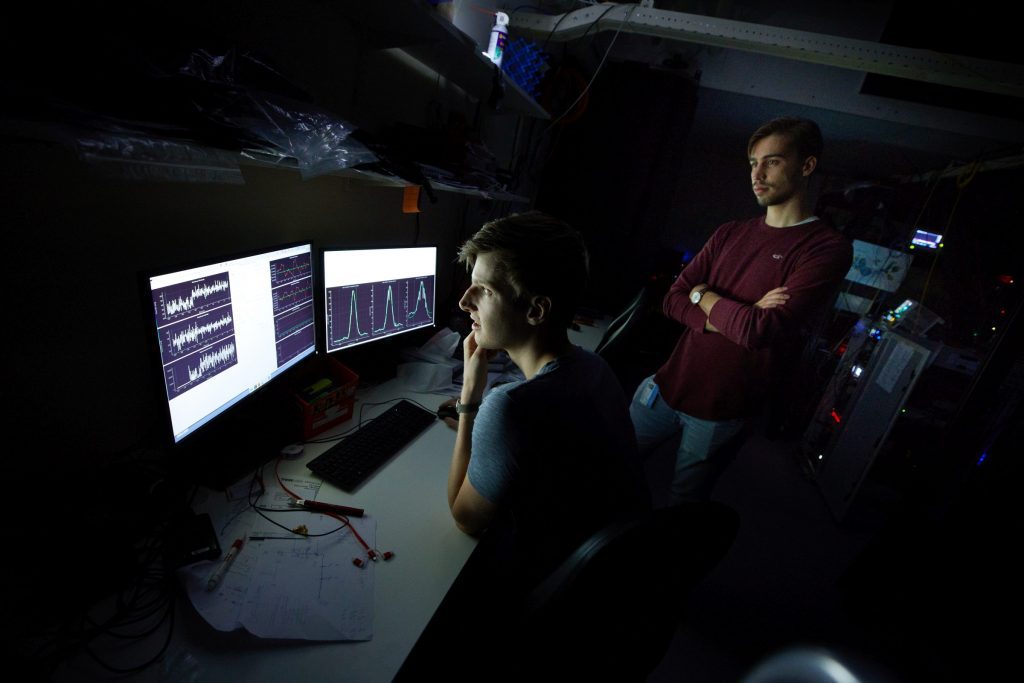Researchers at the University of Chicago have introduced a technique for compiling highly optimized quantum instructions that can be executed on near-term hardware. This technique is particularly well suited to a new class of variational quantum algorithms, which are promising candidates for demonstrating useful quantum speedups. The new work was enabled by uniting ideas across the stack, spanning quantum algorithms, machine learning, compilers, and device physics.
Variational quantum algorithms build resilience to noise by leaving certain internal program parameters not specified but are learned by variation over repeated trials, guided by an optimizer. With a robust optimizer, a variational algorithm can tolerate moderate levels of noise. But it poses a challenge for compilation. The researchers address the issue of partially specified programs with a parallel technique called partial compilation. (Phyx.org)



